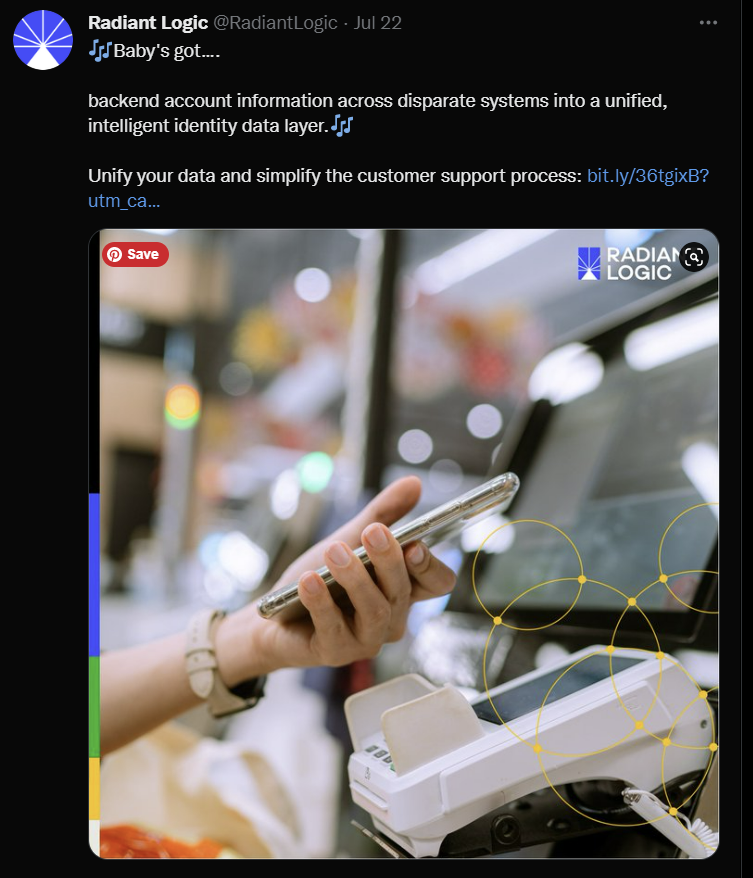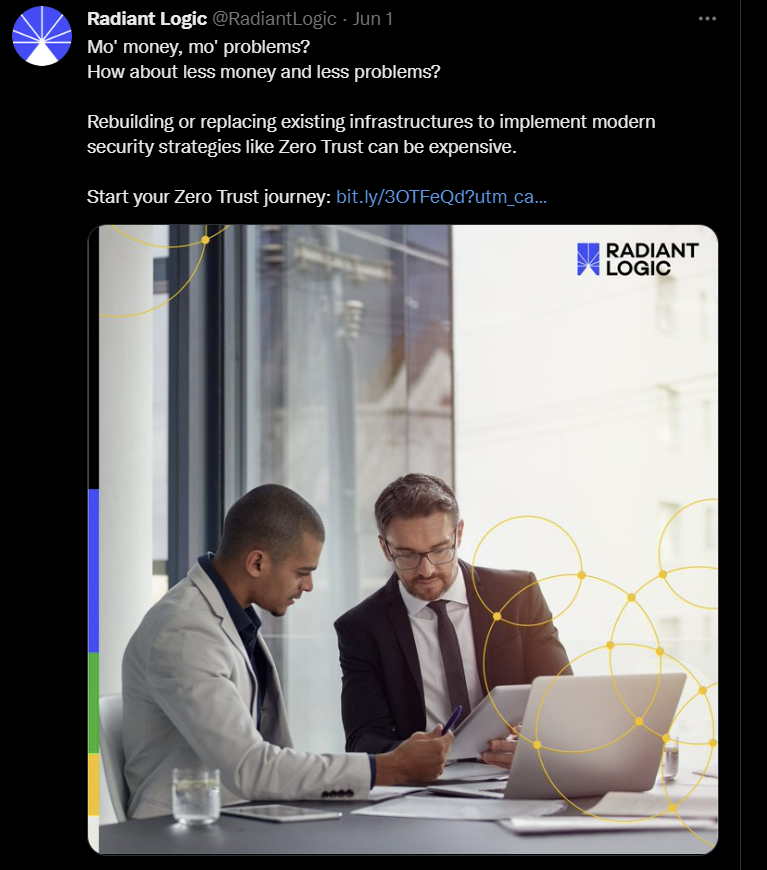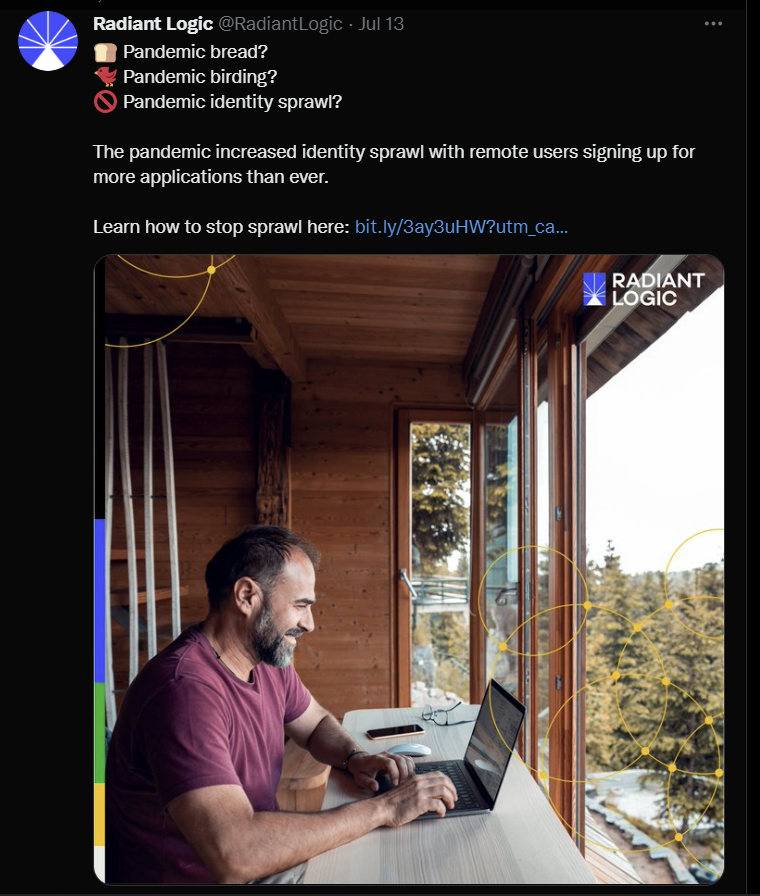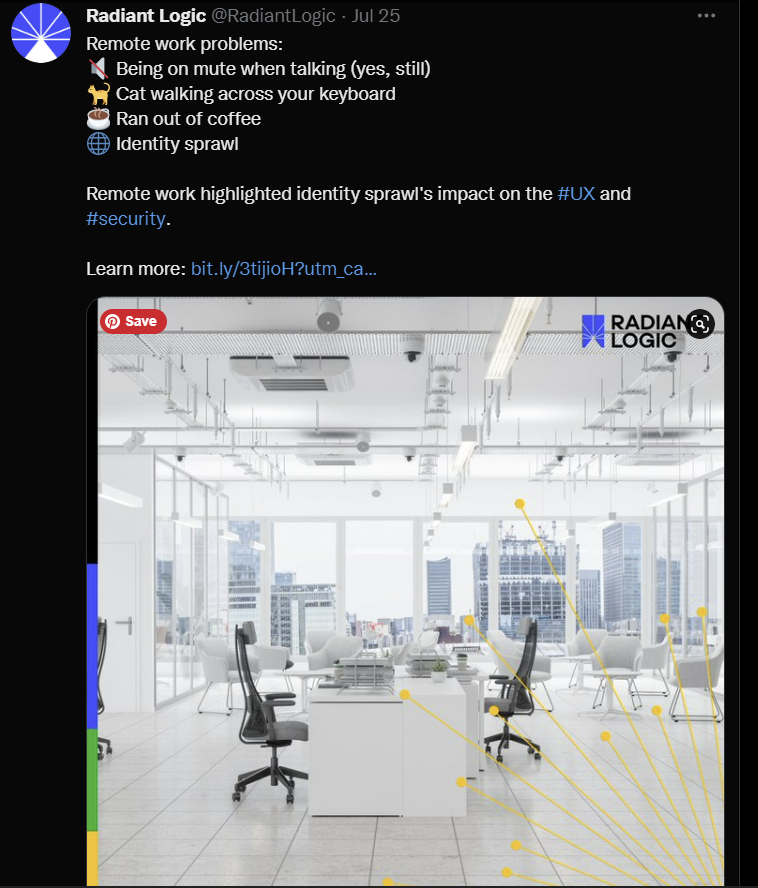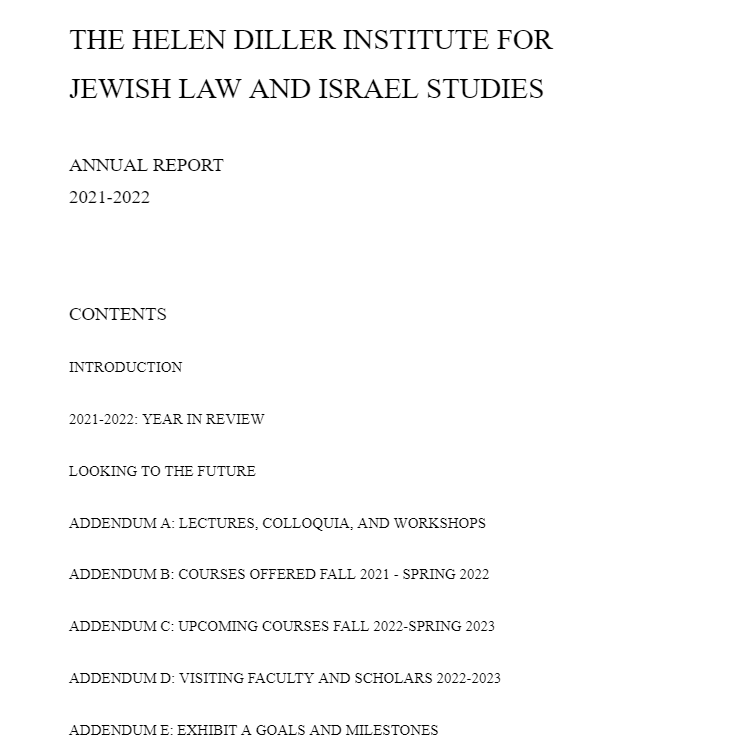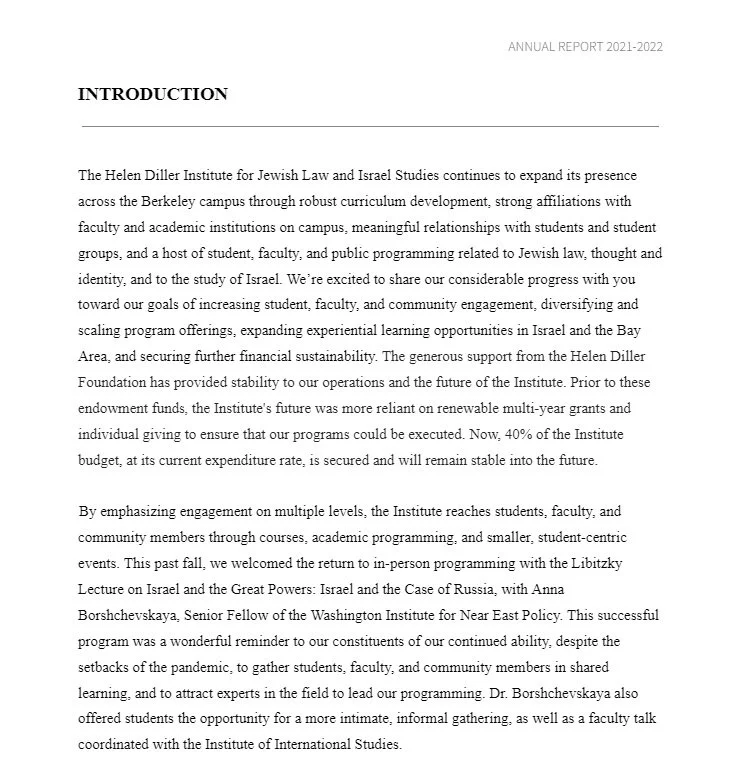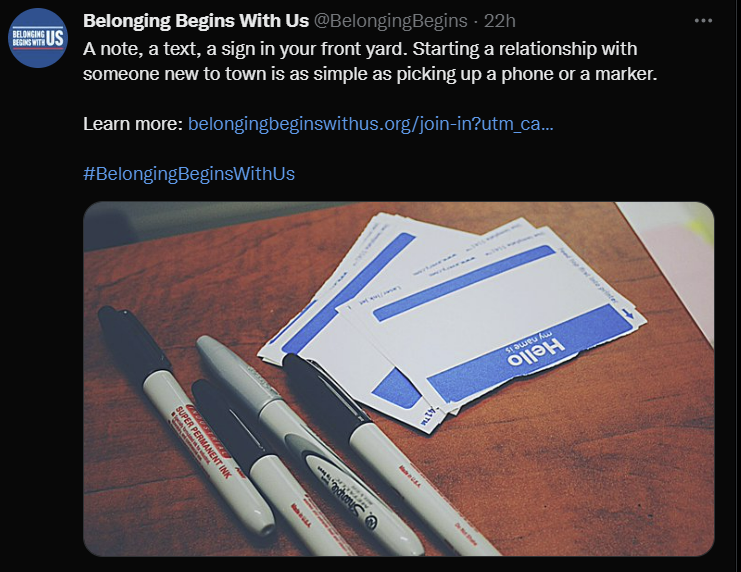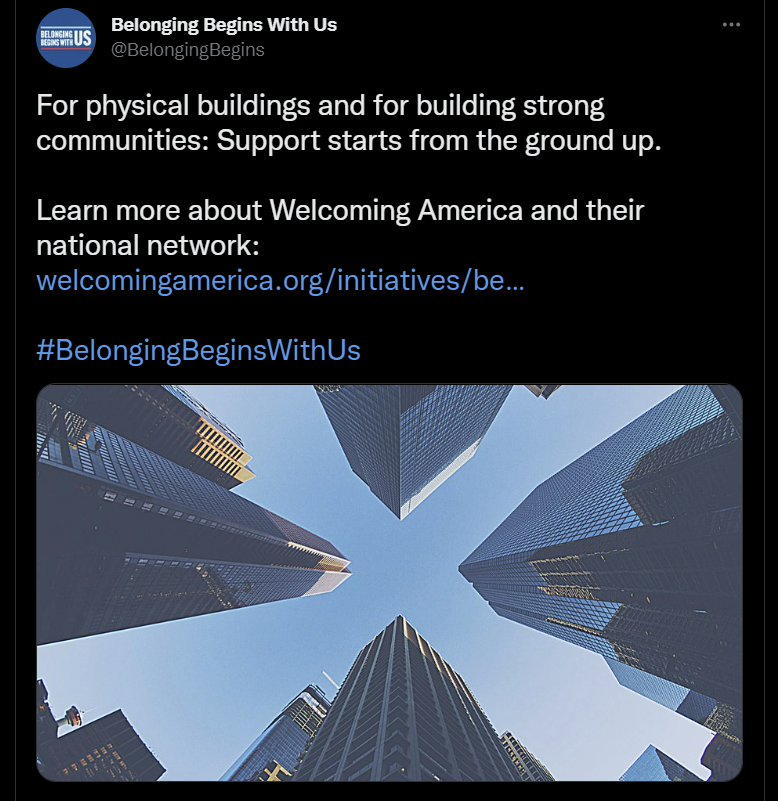Copywriting/UX Writing/Grant Writing/Editing/Social Media
Content for altMBA
About altMBA:
The altMBA was a transformative leadership workshop focused on helping people navigate change and uncertainty
TITLE: Forget hard and soft skills. Think “real skills.”
Subheader: Real skills make the real world run better.
As a society, we love measurements and data. We love taking polls, pulling information, finding correlations between behaviors, creating tools that work for specific needs, and placing ads knowing it’s targeting the right audience. Data has a lot of great uses.
But playing by the numbers has its limitations.
In a work sense, society has measured people through resumes, certificates, graduation programs, and a list of tangible skills. At some point, skills were differentiated between ones people found tangible or easily defined and calculated, and ones they couldn’t quite put their fingers on. Tangible skills were labeled “hard” and less defined skills were deemed “soft.” It’s a distinction that does a disservice to the skills we know are crucial to growth and progress.
For example, we’ve all worked with someone who looked great on paper but was intolerable, made work difficult, or brought a team down. Just because these skills don’t create traditional deliverables or can’t be counted by data, doesn’t mean they aren’t as important as they are teachable.
It’s time to refocus on the real skills that build people and organizations toward their potential.
What are “real skills”?
If hard skills are considered the measurable skills that traditional institutions test for, people add to their resumes, and organizations discuss as if they are almost physical attributes, how can we think about the other skills that are not so easy to measure?
Well, let’s start by thinking about what actually creates a thriving organization: the attitudes, behaviors, processes, and perceptions of the people who do the work. These are the skills that allow individuals and teams not just to work together, but to thrive together. These real skills could be seen as the difference between culture vs strategy.
Consider these examples of real skills:
Adaptability
Attention to detail
Collaborative mindset
Dispute Resolution
Emotional intelligence
Empathy for customers
Flexibility
Listening skills
Risk-taking
Self-awareness
Time management
Tolerance for change
Now imagine an organization that doesn’t value these skills. Would you want to work at that organization?
We wouldn’t want to either.
Why are real skills critical?
As the world has moved on from the era of industrialization and many more jobs entailed complex critical thinking, the more real skills became critical to progressing in work goals. Even in today’s digital sphere with careers that are very data heavy, the ability to progress, recalibrate, and thrive come through the practice of real skills. Underdeveloped interpersonal leadership can undermine teams, projects, and entire organizations. It can be demoralizing when a member of your team or your whole organization doesn’t have them and a benefit when they do.
Moreover, real skills are traditionally underinvested in.
For example, Lou Solomon reported in the Harvard Business Review that 69% of managers are uncomfortable communicating with their employees. From experience, some may find this number on the low side.
Another example: a recent survey of the Graduate Management Admission Council, the people who own the GMAT exam, reported that although MBAs were strong in analytical aptitude, quantitative expertise, and information-gathering ability, they were extremely lacking in other critical areas that employers find equally attractive, in particular, strategic thinking, written and oral communication, leadership, and adaptability.
Organizations have historically focused on skills they can measure because it seems easier and safer to measure success by the numbers, like typing speed, vs passion or commitment. From the hiring process where resumes are full of measurable skills to the incorporation of feedback based on vocational or measurable skills and outputs.
At the same time, organizations often don’t consider the negative impact of underdeveloped real skills in these processes: from a bully or a negative thinker that can impede your organization no matter how great they are at vocational skills to giving feedback on less tangible skills annually, if at all.
Education, individuals, and organizations are all in need of re-evaluating the real skills that can help them change mindsets and build progress. A refocus on real skills is the path toward progress.
Real skills are the way forward
Despite the fact that traditional business and education have focused on measurable skills, we know that intangible but real skills that are difficult to measure do not mean they are less valuable. We also know that it doesn’t mean that these intangible skills, these cultural skills, these real skills, can’t be learned and practiced. Real skills are a path toward progress in equity and inclusion too.
Historically, the focus on “hard skills” has left a lot of incredible individuals out of the conversation of valued workers. As real skills have regularly been placed behind hard skills in traditional education, so have the real people who can lead to real change.
Currently, real skills are still left out of traditional education. This focus on classic company and educational culture comes at the expense of the company, individual, and societal progress. It also means real skills are in dire need in workplaces where they are undervalued, underutilized, and remain unpracticed. It’s time to change the way we think about the skills that matter.
At the altMBA, we believe that to do your best work you need to nurture real skills. We are here to change the discrepancy between the skills we need for success and the skills we value and teach.
Because at the altMBA we know:
Real skills open the eyes to what could be.
Real skills open the doors to those who take the time to value their importance.
Real skills help people transform their future, and the success of their workplaces.

